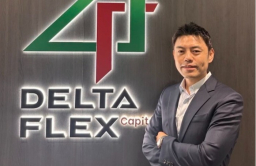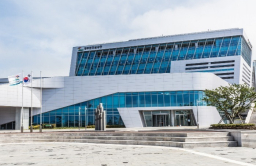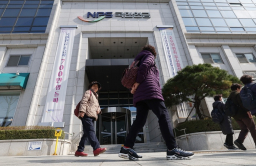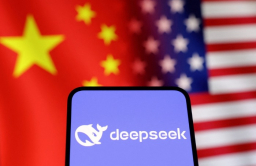-
KOSPI 2577.27 -2.21 -0.09%
-
KOSDAQ 722.52 -7.07 -0.97%
-
KOSPI200 341.49 +0.02 +0.01%
-
USD/KRW 1396 -2.00 0.14%
KB Securities to launch public fund to buy $224 mn Hawaii hotel from KKR
Mar 31, 2017 (Gmt+09:00)
The brokerage arm of KB Financial Group, a top South Korean banking group, is planning to raise around 60 billion won ($54 million) from individual investors in a domestic public fund to buy a four-star hotel in Hawaii, worth about 250 billion won ($224 million), from private equity firm Kohlberg Kravis Roberts (KKR) & Co.
A consortium of KB Securities Co. Ltd. and South Korea’s IGIS Asset Management Co. Ltd. has been picked as a preferred bidder for Hyatt Centric Waikiki Beach in the former Waikiki Trade Center.
The public fund to be launched will be used to buy preferred shares of a new real estate investment trust (REIT) company that will own the hotel, according to investment banking sources on March 30.
KB and Meritz Securities Co. Ltd. will first underwrite the preferred shares of 60 billion won and provide payment assurance.
For the remainder of the acquisition price, the consortium will borrow about 100 billion won from financial institutions. KB, Meritz and IGIS may use their own capital to buy part of the other preferred shares and common stocks of the REIT company.
It is known that KKR is considering participating in the REIT as an investor.
The hotel with 230 rooms was transformed from a former office building in the tourist district and opened last December.
Despite its great location and steady hotel demand in Hawaii, it is known that the relatively high proportion of preferred shares in the transaction had put off some Korean institutional investors.
Those funds offered expected returns of 5 to 6% per annum and attracted yield-hungry wealthy investors who also wanted to diversify portfolios into foreign-currency assets.
Earlier this month, a domestic public fund of Mirae Asset Global attracted 141 billion won from individual investors as planned just in two days. The fund, South Korea’s first public fund for an Australian asset, will be used to finance an office building purchase in Canberra.
But a real estate industry source warned that individual investors in public funds would be more exposed to currency risks than institutional investors which hedge their foreign exchange risks.
By Daehun Kim
daepun@hankyung.com
-
May 08, 2025 (Gmt+09:00)
-
May 02, 2025 (Gmt+09:00)
-
Apr 29, 2025 (Gmt+09:00)
-
Apr 27, 2025 (Gmt+09:00)
-
 Alternative investmentsMeritz backs half of ex-manager’s $210 mn hedge fund
Alternative investmentsMeritz backs half of ex-manager’s $210 mn hedge fundApr 23, 2025 (Gmt+09:00)






